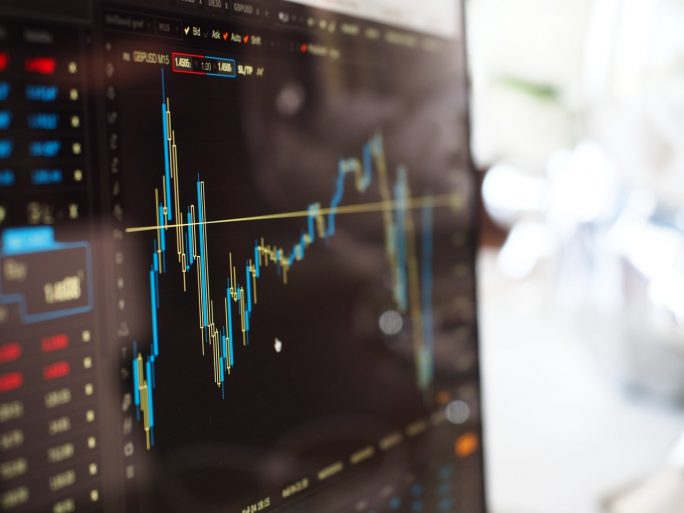Stablecoin Tether Touts $66.4bn In Reserves After $16bn Sell-Off

Tether says it has $66.4bn in reserves, down from $82.4bn at the end of March as coin holders cash out amidst volatility in cryptocurrencies
The so-called stablecoin Tether said it had reserves worth $66.4 billion (£56bn) at the end of June, down from $82.4bn at the end of March, after fulfilling $16bn worth of redemptions.
A broader crypto market sell-off prompted Tether holders to turn their holdings back into dollars and this was why the reserves fell, Tether told Reuters.
Tether, the biggest stablecoin by market value and the third-biggest cryptocurrency after Bitcoin and Ether, says its dollar-pegged value is backed by dollar-denominated reserves and these are under constant scrutiny at a time of fresh volatility in the crypto market.
 US Dollar peg
US Dollar peg
The company said it had switched to accountancy firm BDO Italia as its auditor and intended to release monthly reports by the end of the year.
Tether said its reserves exceeded its consolidated liabilities of $66.2bn.
Chief technology officer Paolo Ardoino said the company was “fully committed” to maintaining its role as the market’s leading stablecoin.
He added that the coin was supported by the “transparency” of its reserves.
Asset risk
Tether said it had reduced its commercial paper holdings by more than 57 percent from $20bn to $8.5bn, in alignment with a plan to cut its exposure to commercial paper to $200m by the end of August and zero by the end of the year.
The move is part of a broader plan to cut the firm’s exposure to riskier assets.
“The allocation that was previously invested in commercial paper is now predominantly held in US treasury bills or has been used to reimburse Tether’s clients requesting redemptions,” Tether said in a statement.
The firm said it increased its holdings of cash and bank deposits by 32 percent over the quarter.
Turbulence
In its first-quarter report released in May Tether said it held about 86 percent of its reserves in cash and short-term deposits, 4.5 percent in corporate bonds, 3.8 percent in secured loans and 6 percent in other investments including digital tokens.
In May stablecoin TerraUSD lost nearly all its value amidst broader economic turbulence. The coin was backed by a complex system that some critics afterward likened to a pyramid scheme.
Regulators in many countries, including the UK, say cryptocurrencies pose a risk to economic stability and want to increase controls on the sector.